
Balfour Beatty: helping veterans excel in construction careers
Balfour Beatty’s Tony Ellender tells CIOB People how the company is prioritising support for veterans as they embark on careers in construction
To mark Armed Forces Day (29 June), Balfour Beatty is unveiling its new Mulberry and Allies Network, created to better support veterans when they join the business.
The network offers careers-related guidance through workshops and events for ex-service people within the business, as well as a broader community of support for their families.
The company currently employs approximately 350 veterans, with plans to recruit a further 150 this year.
From 2025, the goal is to increase recruitment to 200 veterans annually, which will match the scale of Balfour Beatty’s graduate programme.
With around 14,000 people leaving the Armed Forces each year, the recruitment targets should be easily achievable, according to Tony Ellender, professional development manager at Balfour Beatty.

Broader support – the buddying and the camaraderie – is what our new network will bring people, because that’s where we saw a gap in the support for veterans and their families
Parallels with construction
Ellender, who is also a veteran, says the parallels between a career in the Armed Forces and a career in construction make the industry a particularly attractive option for veterans.
“Most jobs in the Armed Forces are STEM-related, which provides eminently transferable skills because construction is a STEM occupation,” he says.
“Moving from job to job in the Armed Forces is also similar to moving from project to project in construction. That mindset of moving to a new environment, to a new client and picking up new skills and techniques is normal for someone with experience in the Forces.”
However, Ellender is under no illusion that transferring from the military to civilian life is an easy path. Despite a raft of transferable skills, from adaptability and resilience to hands-on leadership experience, the move to a new role in the construction industry can be daunting.
Role of the Mulberry and Allies Network
That’s where the Mulberry and Allies Network comes in – helping to support veterans as they embark on a career at Balfour Beatty.
Ellender explains that the launch of the new network is an extension of the existing support the company provides as a signatory of the Armed Forces Covenant, which is a commitment to ensure current or former service personnel and their familes are treated with fairness and respect.
“Our military talent pathway gives people the formal training that they might need to get new qualifications or to adapt their military qualifications and skills into ones that are recognised in the civilian world,” he says.
“But the broader support – the buddying and the camaraderie – is what our new network will bring people, because that’s where we saw a gap in the support for veterans and their families.
“We’ve had an existing military community for a number of years, it just hasn’t had the formality which the Mulberry and Allies Network now provides.”
The employee-led network also offers a voluntary buddy system, pairing candidates with someone in the same business unit at Balfour Beatty or who served in the same part of the military.
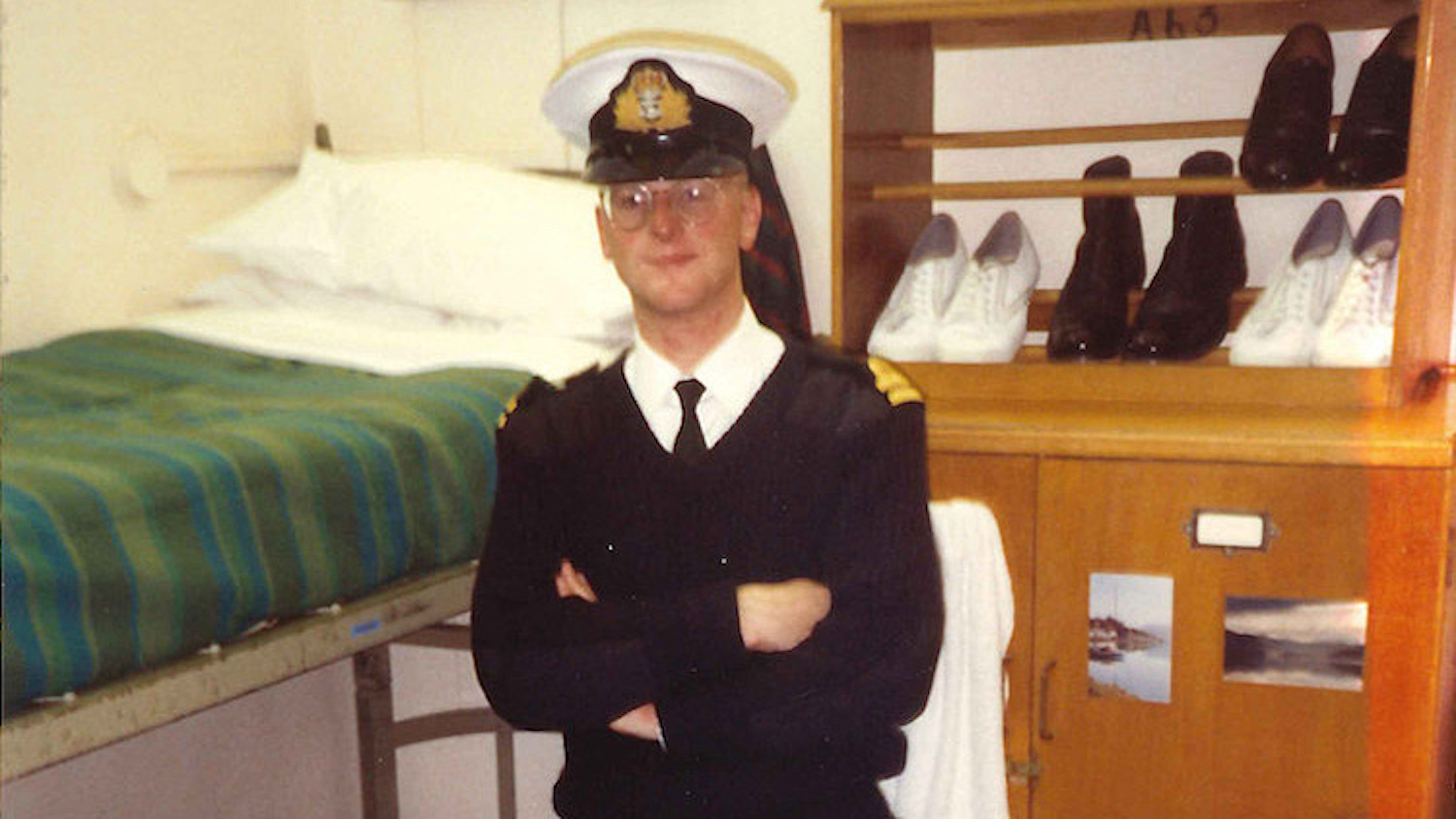
Career transition challenges
Speaking from his own experience, Ellender understands the challenges veterans typically face when they transition from the Armed Forces to a civilian career.
“When you leave the Forces, you’re not moving from a company to another company, you’re moving from an all-encompassing lifestyle to a new career,” he says.
“While there are lots of challenges in the military, it often feels like quite a paternalistic or maternalistic environment. It’s a way of life, not just a job. So, when you leave, you’re moving away from that way of life.”
For many veterans, this transition brings a significant culture change, meeting new people and, often, moving to a new location.
“When I left the Navy, I moved from Devon to Manchester – that was a bigger challenge than the new career because the job role was actually using a lot of my existing skills,” Ellender says.
“Moving 250 miles away from people I knew, creating a new social life, all in a new part of the country was probably the biggest challenge – and we find that’s the same for a lot of the people that join Balfour Beatty.”
Family support
The transition to civilian life can be equally challenging for veterans’ families, Ellender adds.
“The Mulberry and Allies Network’s co-chairs identified that when an individual leaves the Forces, their family leaves with them. Their entire social life and location is probably changing too,” he says.
“We’re keen to not only involve veterans but also their families in our events and activities, so they still feel connected to that wider Armed Forces community.”
Reflecting this engagement with veterans’ families, the company has recently expanded its approach to advertising vacancies.
“We already share all of our job opportunities with various military jobs boards, but we’ve recently started sharing them with an organisation called Forces Families Jobs, which advertises jobs to military spouses and families,” Ellender says.
“Often, they’ve had to move every couple of years because their partner was or is in the military, so they’ll have quite a broken employment history, which doesn’t look attractive to some employers.”
Useful resources
- Project Recce – a charity running courses for people transitioning from the military to the construction industry, www.projectrecce.org
- BuildForce – employer-led project, enabling veterans to understand and pursue careers in the built environment, www.buildforce.org.uk
Joining an accredited body
For veterans themselves, Ellender believes the new network will have an important role in helping to support professionalism and life-long learning.
Service personnel preparing to leave the Armed Forces and veterans joining the business are encouraged to pursue a formal accreditation with a professional body, such as the Chartered Institute of Building (CIOB).
“Professional membership is a great indicator of the level of experience someone has gained in the Forces,” says Ellender.
“People in the civilian world might not understand the transferable skills that a Royal Engineer has gained, for example. Becoming MCIOB provides clarity because there’s a clear equivalence.
“We encourage people to start that professional journey before they leave [the Forces] and it is certainly one of the key areas we support them with when they join the company.”
Ultimately, Ellender says, veterans within the business will gain invaluable guidance when it comes to taking control of their own careers and professional development.
“When you’re in the military, your career is managed for you. You go where you’re told to go, and there’s a structured process for progression,” he explains.
“In the civilian world, it’s more up to the individual to self-manage their career. It’s much more agile. “Through the network, we can support our veterans to be more proactive when it comes to career development and really help them shout about their skills and the value they can bring to the business.”
Comments
Comments are closed.


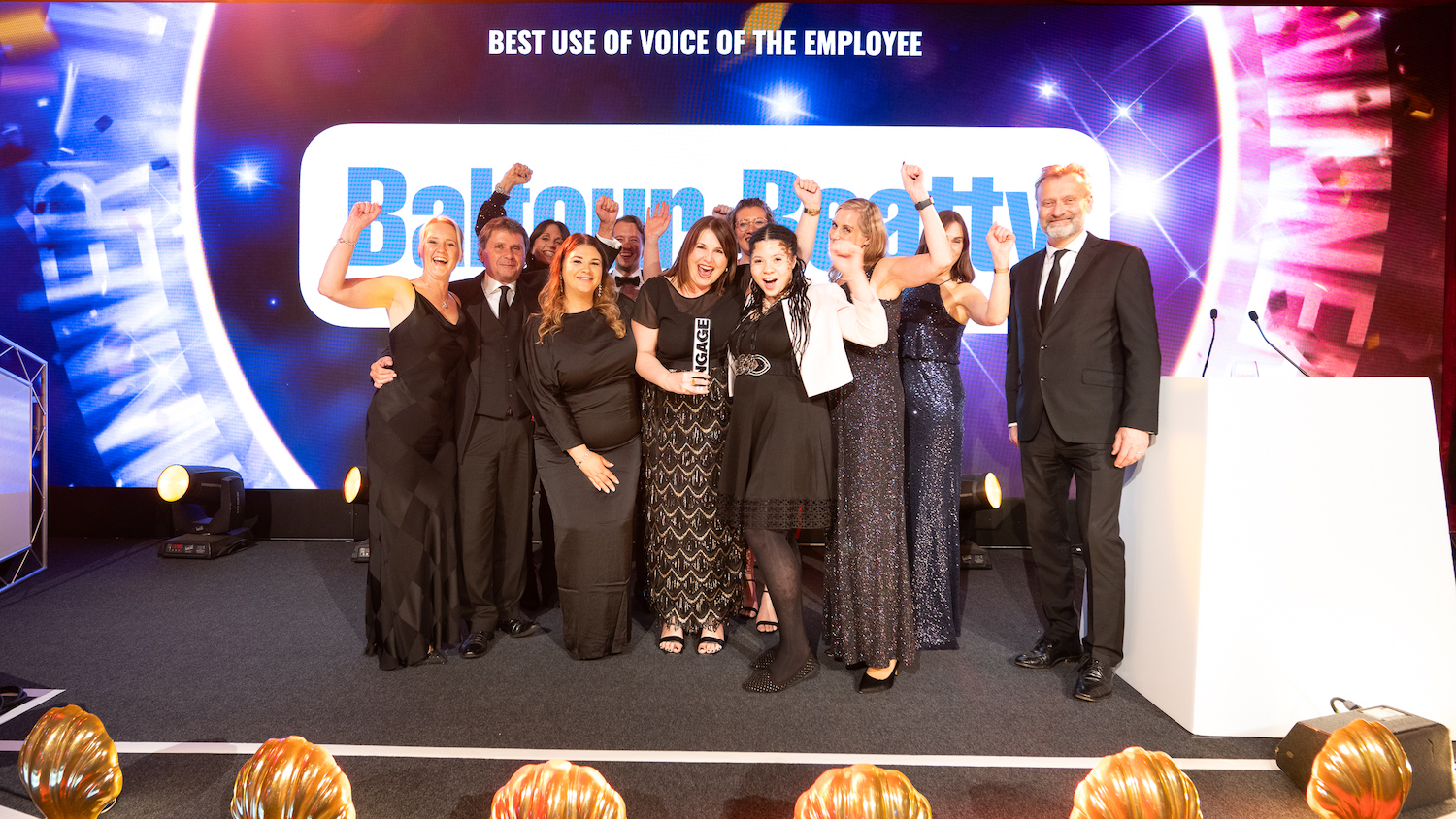


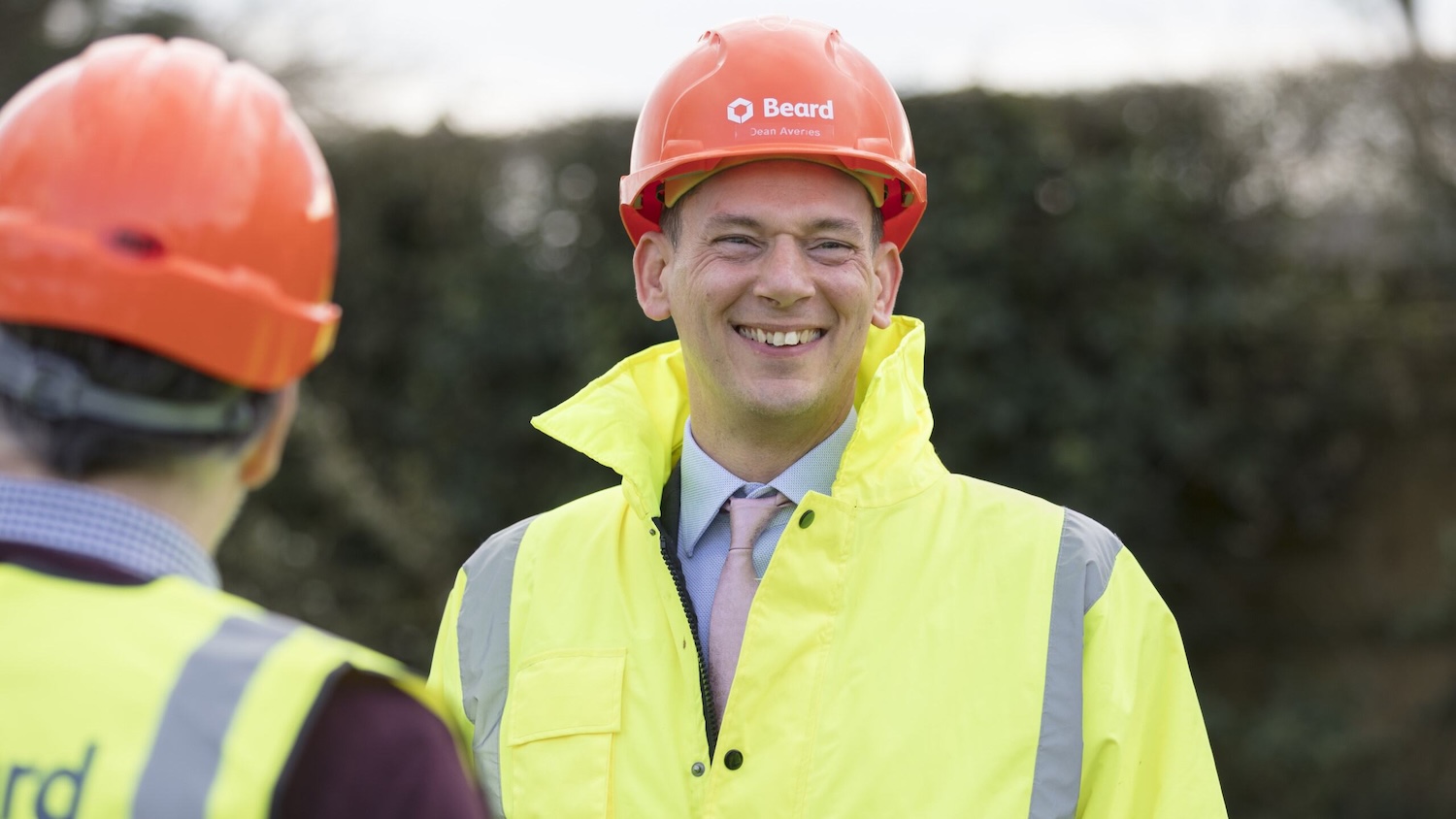
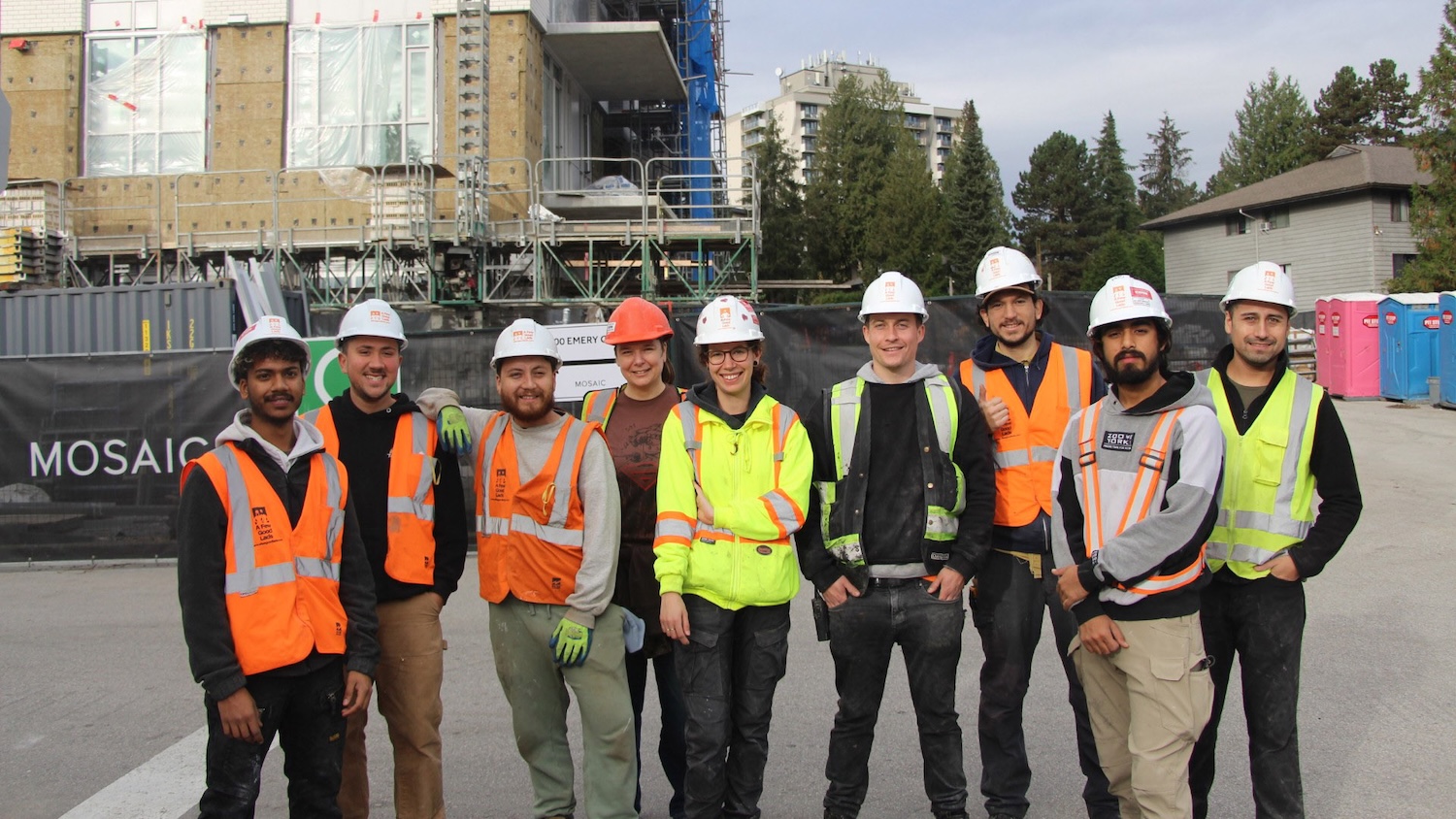
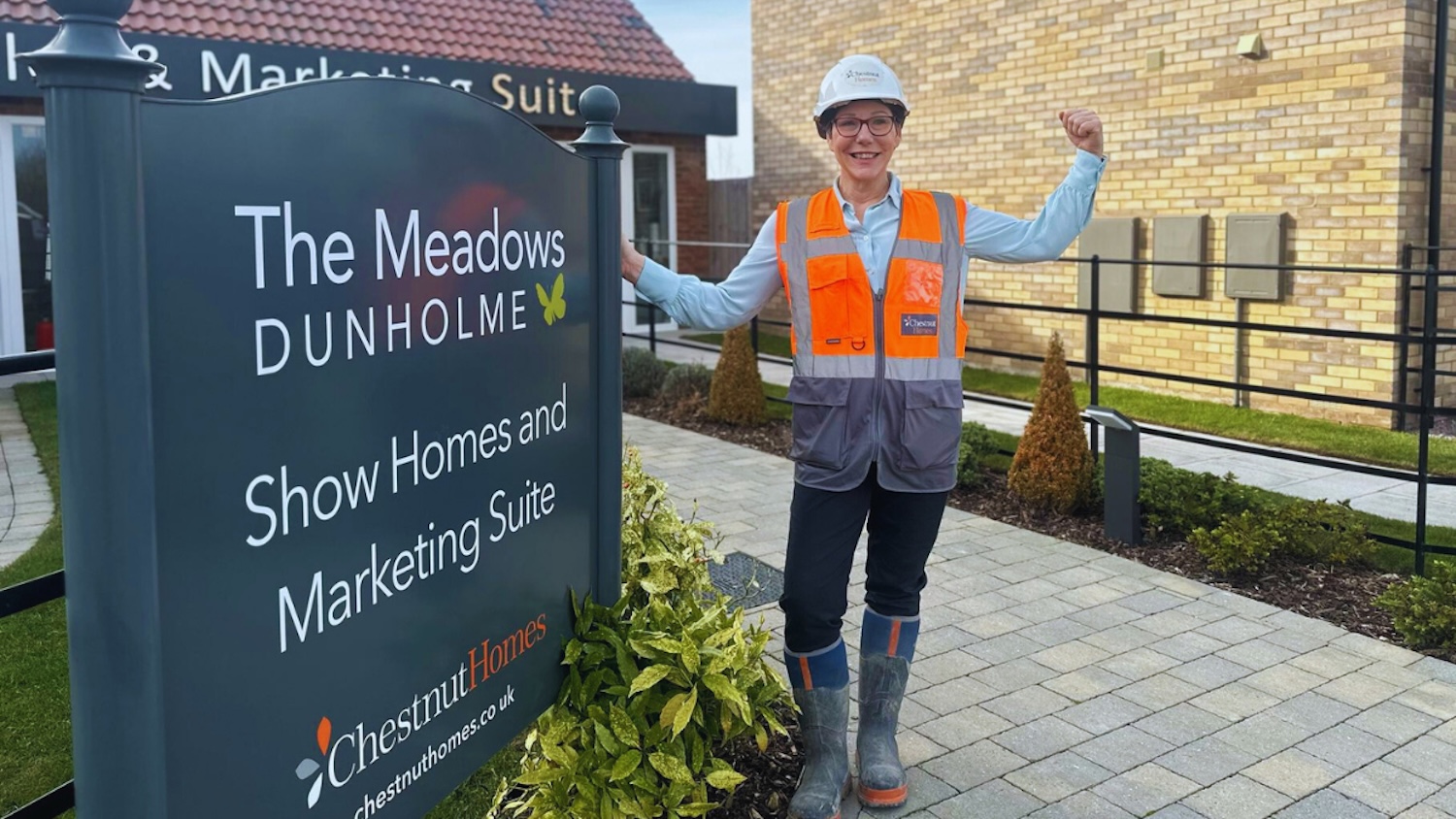
Good idea and overdue for adoption. It’s difficult after leaving services and probably even more so know with all this Gender & Equality/ DEI/ ESG nonsense. Had an interview with BB once. Walked through their dowdy offices and everyone seemed miserable. Decided against it.
Excellent work Tony! An initiative close to my heart….Liverpool John Moores University is too committed to supporting serving personnel, both regular and reservists, veterans and military families through our research, the Armed Forces Covenant and the Employer Recognition Award.
It appears that you know a lot about this topic. I expect to learn more from your upcoming updates.